The one club that you should be careful not to speak about while in Dortmund is FC Schalke. And that is the same at Gelsenkirchen, the city where Schalke are based in. Both clubs are adored by a loyal fanbase. Dortmund were close to being bankrupt a few years ago and Schalke are yet to win the German championship title since 1958 but the support has been unwavering.
Dortmund are on a journey to end the FC Bayern dominance in the Bundesliga and they have assembled strong squad this season to try and deny the Bavarians their eighth league title in a row. Schalke, meanwhile, are trying to improve upon their disastrous 2018-19 season and any sort of a trophy hunt narrative for them will sound far-fetched.
Despite their obvious differences in their current form, both these clubs share a common virtue – placing trust in youth. Schalke, founded by German coalminers who resorted to playing football after a long day’s work, depend on their solid youth development to fuel their quality on the field. Leroy Sane, Manuel Neuer, Mesut Ozil, Joel Matip and Julian Draxler are few of the players to come from the Nappenschmiede, the Schalke youth academy.
Dortmund’s quest to maintain an identity of a club that stays true to entertaining football sets them apart and they also do not believe in having a single superstar to win games for the team. Most notably, neither of these clubs is looking to invest or for investment from other football clubs or foreign entities as it stands. However, they are indeed interested in extending their resources to the Asian market and especially to India.
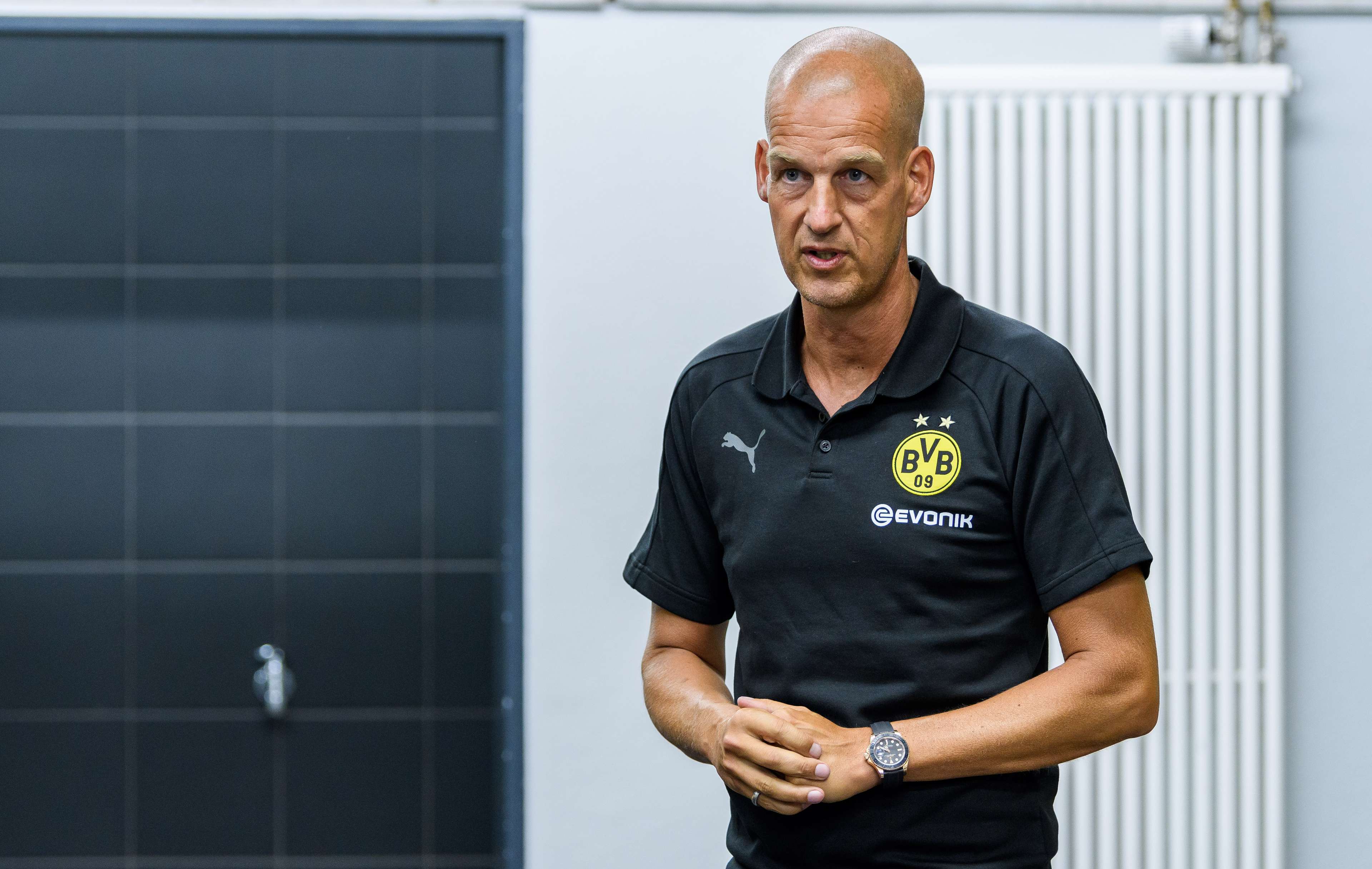 Bundesliga
Bundesliga
Borussia Dortmund managing director Carsten Cramer says, "We know that India has a huge interest in football. Dortmund is confident that the story we are telling is interesting for Indian football. We want to win.
"When we get in touch with people outside the Bundesliga, when we travel to the US or Asia, the way we connect with the people is different in comparison to Premier League clubs. We want to reach people not just by knowledge but by emotion and heart.
"We do have a responsibility to people because politics, religions are not able to bring the people together. Football seems to obligated to deliver to the people. This is the story we try to tell several countries in Asia."
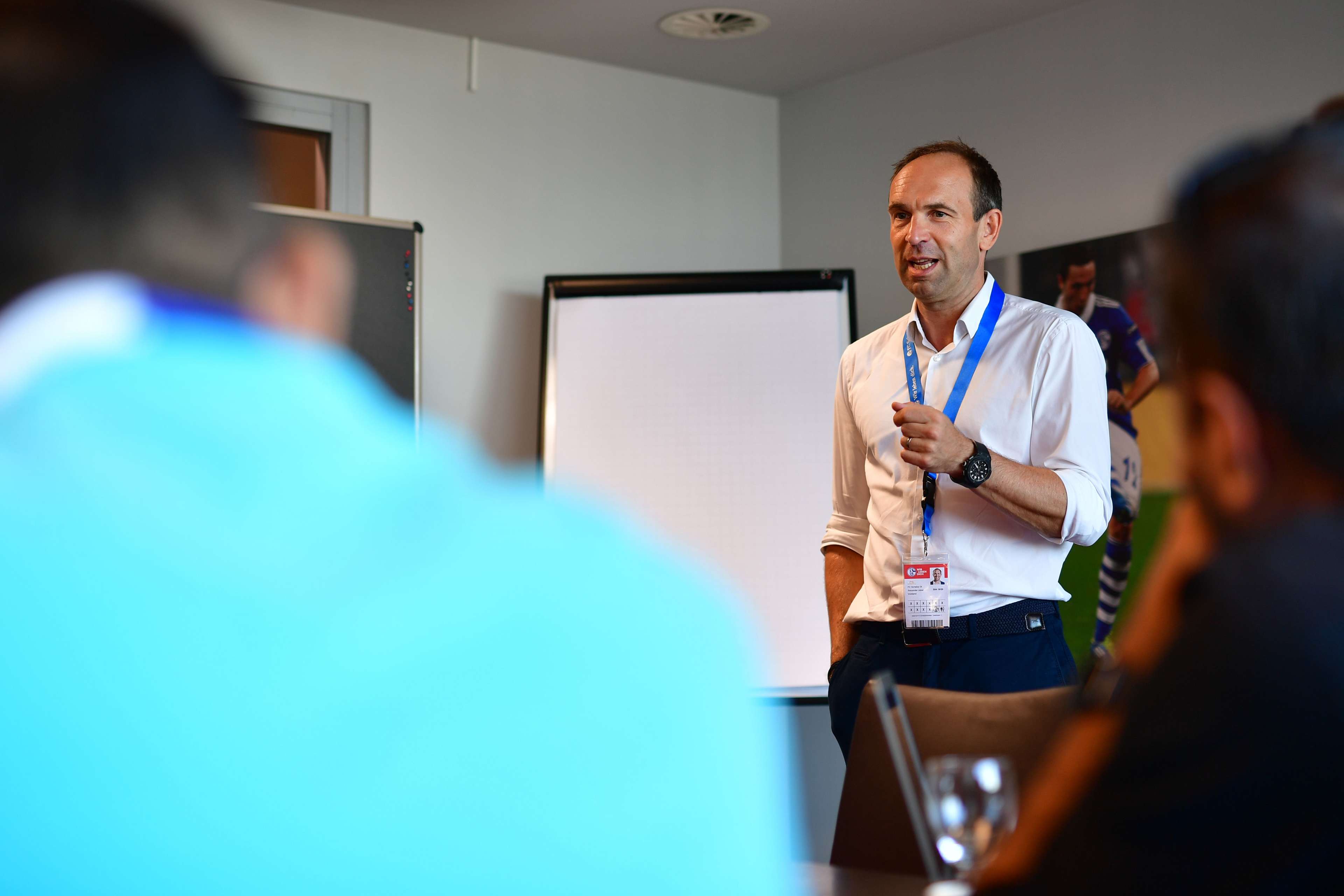 Bundesliga
Bundesliga
FC Schalke's projects for India are very much still under the works. Being one of the last few clubs in Germany that are independently owned by supporters, it is going to be a difficult task for the club management to convince the loyal fans about a potential change in the course of business model.
"We are one of the last independent clubs in Germany driven by our members," said Alexander Jobst, board member, marketing and communications at FC Schalke. "We do not work with foreign investors. Most of the clubs in the UK, some clubs in Germany, they work with foreign investors with a different business model. We commercialize ourselves. Internationally, we are on our way with various key markets. India is a market where there are still questions marks for us, there is huge potential but we need to learn more before entering India."
What makes it difficult for these clubs is the inflated market. If Dortmund and Schalke want to compete for trophies while still sticking to their policies regarding transfers and investors, they need the other clubs around them to be strictly regulated. Are they open to a change in policy?
As for FC Schalke, Jobst believes they can remain competitive with their current business model for a few more years. However, there will come a point when discussions will have to take place. The club has been in touch with the UEFA regarding the stricter implementation of the Financial Fair Play (FFP) and talks are ongoing to ensure a level playing field, according to Jobst.
He added, "Currently, we are still in a position to compete in Germany without having an investor because we are strong commercially. It will be difficult in the upcoming years. If we want to be one of the top clubs, then it leads to a discussion. This will come up in three years or earlier, then we have to discuss it with the members. 75 per cent of members have to vote for or against changing the business model. Personally, I want to have a successful Schalke."
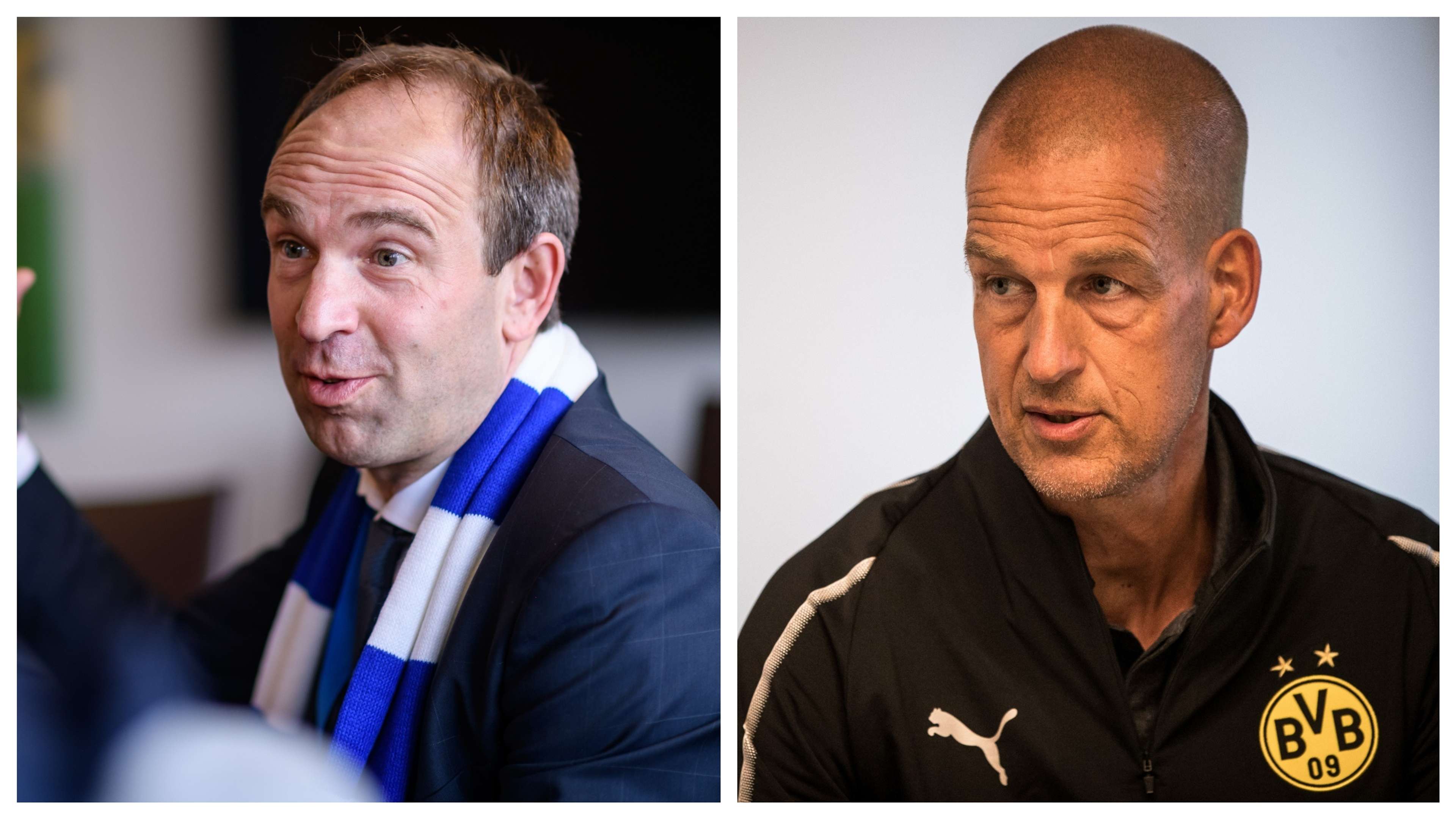




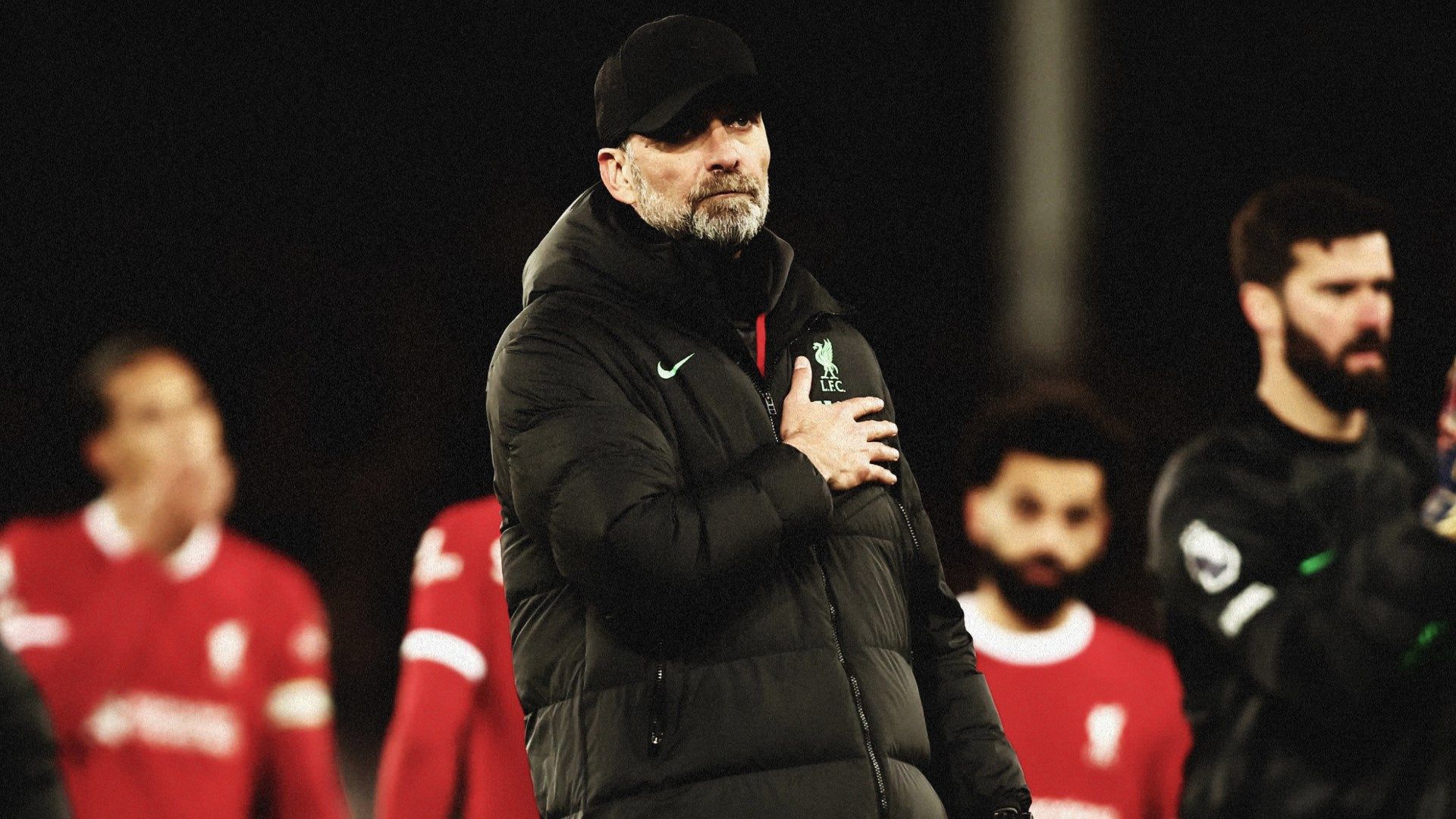.jpg?auto=webp&format=pjpg&width=640&quality=60)
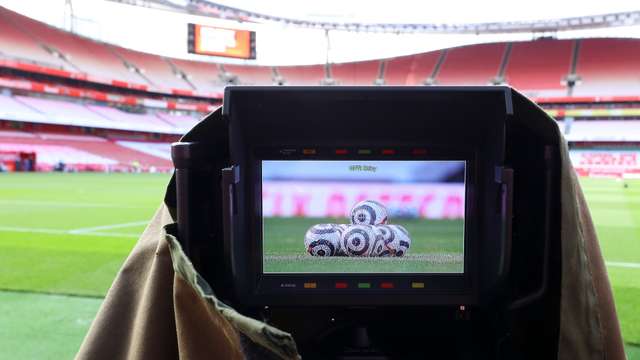
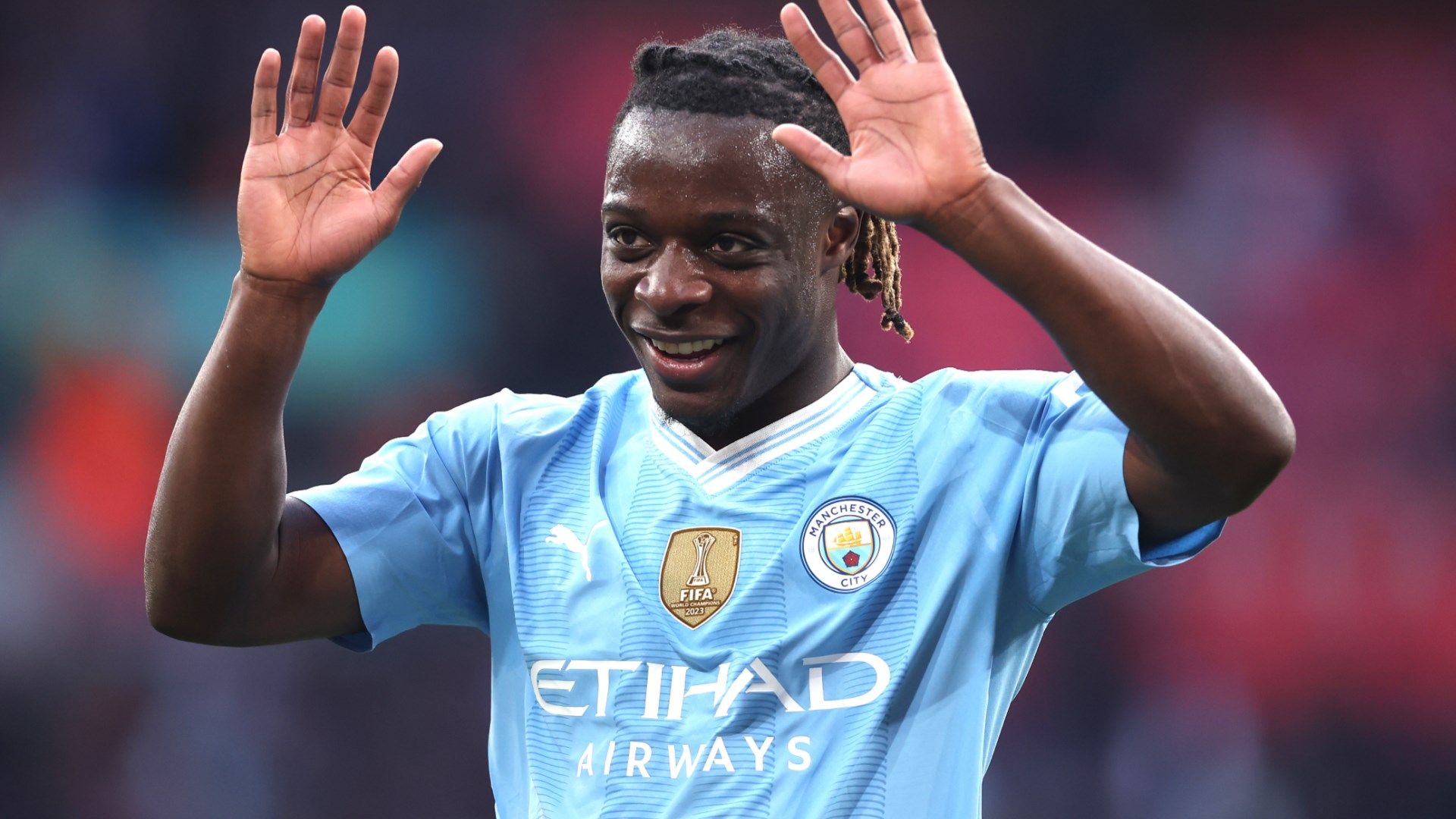.jpg?auto=webp&format=pjpg&width=640&quality=60)
-min.png?auto=webp&format=pjpg&width=640&quality=60)